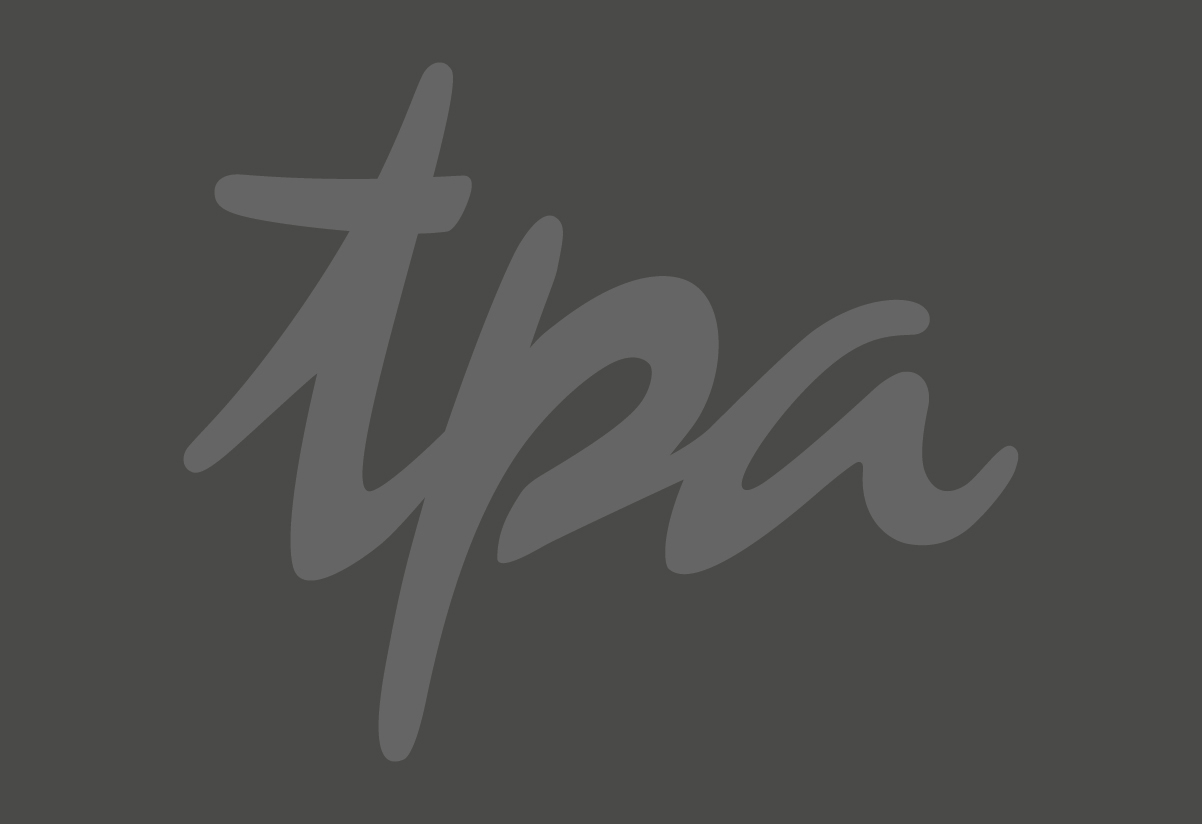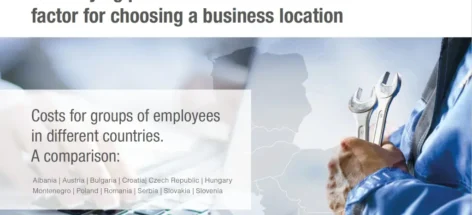News
Categories
Contact
1. September 2025
Reading Time: 5
Min.
news
Legislative changes regarding the VAT exemption threshold for small enterprises. New rules on the place of supply for certain services and the postponement of sanctions for RO e-VAT
I. Special VAT exemption scheme for small enterprises
According to new legislative provisions, starting with September 2025, the VAT exemption threshold for small enterprises in Romania will increase from RON 300,000 to RON 395,000. A taxable person exceeding this exemption threshold must apply for VAT registration no later than the date on which the threshold is exceeded.
The amendments introduced by Government Ordinance no. 22/28.08.2025 stipulate that the normal taxation regime applies from the date the threshold is exceeded, starting with the transaction that triggers the exceeding of the threshold. The taxable person may also apply the normal taxation regime to transactions carried out on the date the threshold is exceeded and prior to the transaction that led to the exceeding of the exemption threshold.
Previously, applications for VAT registration had to be submitted within 10 days of the end of the month in which the RON 300,000 threshold was reached or exceeded. Registration was considered valid starting with the first day of the month following the month in which the taxable person applied for registration.
It should be noted that changes are also being introduced regarding the type of operations includable in this turnover, with deliveries and services with a place of taxation outside of Romania being excluded. These amendments are further reflected in the provisions on VAT registration.
A series of transitional provisions are introduced:
- exceeding the RON 300,000 threshold in August 2025 does not trigger the obligation to register for VAT purposes, as long as the new threshold of RON 395,000 is not exceeded. If the new threshold is also exceeded during August 2025, the taxable person must apply for VAT registration no later than 10 September 2025, which is the date on which it will be considered to be registered for VAT purposes
- taxable persons established before 2025 and registered for VAT purposes by 1 September 2025 (inclusive) as a result of exceeding the RON 300,000 exemption threshold may request, as of 1 September, deregistration for VAT purposes. Such requests may be submitted only if the RON 300,000 exemption threshold for the previous year (2024) has not been exceeded and if the new threshold of RON 395,000 has also not been exceeded by the date of the request
- taxable persons established in 2025 who registered for VAT purposes by 1 September 2025 (inclusive) as a result of exceeding the RON 300,000 exemption threshold may also request deregistration for VAT purposes as of 1 September, provided the threshold of RON 395,000 has not been exceeded by the date of the request
Government Ordinance no. 22/28.08.2025 also introduces rules extending the VAT exemption scheme to cross-border relationships within the EU. More specifically:
- A taxable person established in Romania may apply the small enterprise exemption scheme in other Member States provided the following conditions are met:
- the taxable person’s annual turnover at EU level does not exceed EUR 100,000 for the year in which the exemption is requested and for the preceding calendar year
- the value of supplies of goods and services delivered in the Member State where the exemption is intended to be applied does not exceed the exemption threshold applicable in that Member State
A taxable person intending to apply the small enterprise exemption scheme in one or more Member States must file a prior notification with the ANAF. The ANAF will assign the taxable person an individual identification code for this purpose.
A taxable person applying the small enterprise exemption in other Member States must prepare and submit a quarterly report to the ANAF by the last calendar day of the month following the quarter in question, even if this is a non-working day. In addition, the taxable person must inform the ANAF about its exceeding of the EU-wide annual turnover threshold within 15 working days of the date on which the threshold is exceeded.
- A taxable person established in another Member State may apply the small enterprise exemption scheme in Romania for supplies of goods and services in Romania, provided the following conditions are met:
- the taxable person’s annual turnover at EU level does not exceed EUR 100,000 during the year in which the exemption is requested and during the preceding calendar year
- the value of supplies of goods and services delivered in Romania does not exceed the Romanian exemption threshold of RON 395,000 during the year in which the exemption is requested and during the preceding calendar year
The small enterprise exemption scheme applies in Romania if the taxable person has notified the Member State of establishment about its intention to apply the exemption in Romania.
In light of Romania’s delayed transposition of the EU rules regarding this special exemption scheme, transitional provisions have been provided for taxable persons established in other Member States. Consequently, a taxable person established in another Member State who has requested application of the small enterprise special exemption scheme in Romania and to whom the Member State of establishment has already issued an identification code with the suffix “EX” valid for Romania by 1 September 2025 will be able to apply the exemption to operations carried out in Romania as of the date the code was issued and under the same conditions that apply to taxable persons established in Romania.
II. New rules on the place of supply of certain services for VAT purposes
The provisions of the Fiscal Code regulating, from a VAT perspective, the place of supply for activities/events that involve virtual participation/are transmitted online or made available by other virtual means have been amended in order to ensure taxation occurs in the Member State of consumption. Consequently, services provided to a customer electronically will be taxable in the place where the customer is established, has their permanent address or usually resides. This refers to participation in cultural, artistic, sporting, scientific, educational and entertainment events, as well as other similar events, such as fairs and exhibitions.
Previously, the place of supply for the above services was considered to be the place where the events physically took place, regardless of whether the beneficiaries participated in person or virtually.
Events that involve the physical presence of participants will continue to be taxable in the place where the events physically take place.
It should be noted that Government Ordinance no. 22/28.08.2025 transposes into national law EU directives with an impact on the areas mentioned above.
III. The pre-completed RO e-VAT return
The aforementioned Government Emergency Ordinance also postpones until 31 December 2025 application of the provisions regarding the obligation on taxable persons to submit the results of checks performed for the purpose of identifying any differences, as these are communicated by the tax authorities, between the pre-completed RO e-VAT tax return and the D300 VAT return. Imposition of the sanctions applicable upon failure to meet this obligation is also postponed until 31 December 2025.
Source: Government Ordinance no. 22/28.08.2025 amending and supplementing Law no. 227/2015 on the Fiscal Code.






